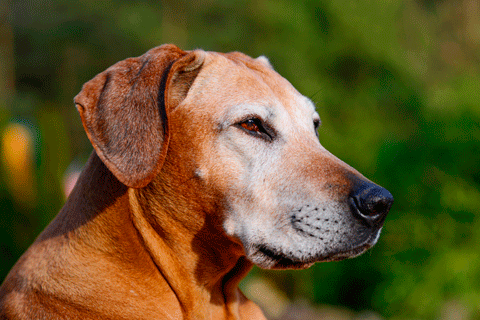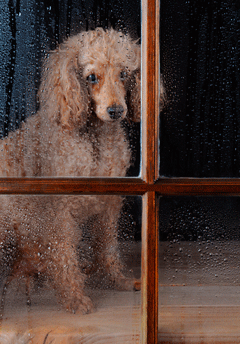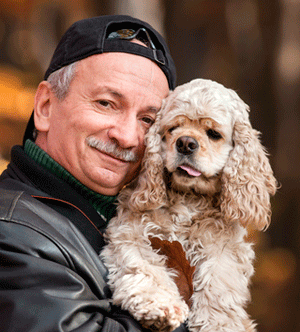
Ten Reasons To Adopt An Older Dog
Housebroken
1. Older dogs are housetrained. You won't have to go through the difficult stage(s) of teaching a puppy house-manners and mopping up after accidents.
Won't Chew Your Shoes
2. Older dogs are not teething puppies, and won't chew your shoes and furniture while growing up.
Learn Quickly
3. Older dogs can focus well because they've mellowed. Therefore, they learn quickly.
Know What "No" Means
4. Older dogs have learned what "no" means. If they hadn't learned it, they wouldn't have gotten to be "older" dogs.
Settle In Easily
5. Older dogs settle in easily, because they've learned what it takes to get along with others and become part of a pack.
Grateful
6. Older dogs are good at giving love, once they get into their new, loving home. They are grateful for the second chance they've been given.
Personality Is Developed
7. What You See Is What You Get: Unlike puppies, older dogs have grown into their shape and personality. Puppies can grow up to be quite different from what they seemed at first.
Great Companions
8. Older dogs are instant companions -- ready for hiking, car trips, and other things you like to do.
Leave You To Yourself
9. Older dogs leave you time for yourself, because they don't make the kinds of demands on your time and attention that puppies and young dogs do.
Sleep All Night
10. Older dogs let you get a good night's sleep because they're accustomed to human schedules and don't generally need nighttime feedings, comforting, or bathroom breaks.
To learn more about the pleasures of older dog adoption, please visit the Senior Dogs Project at www.srdogs.com





